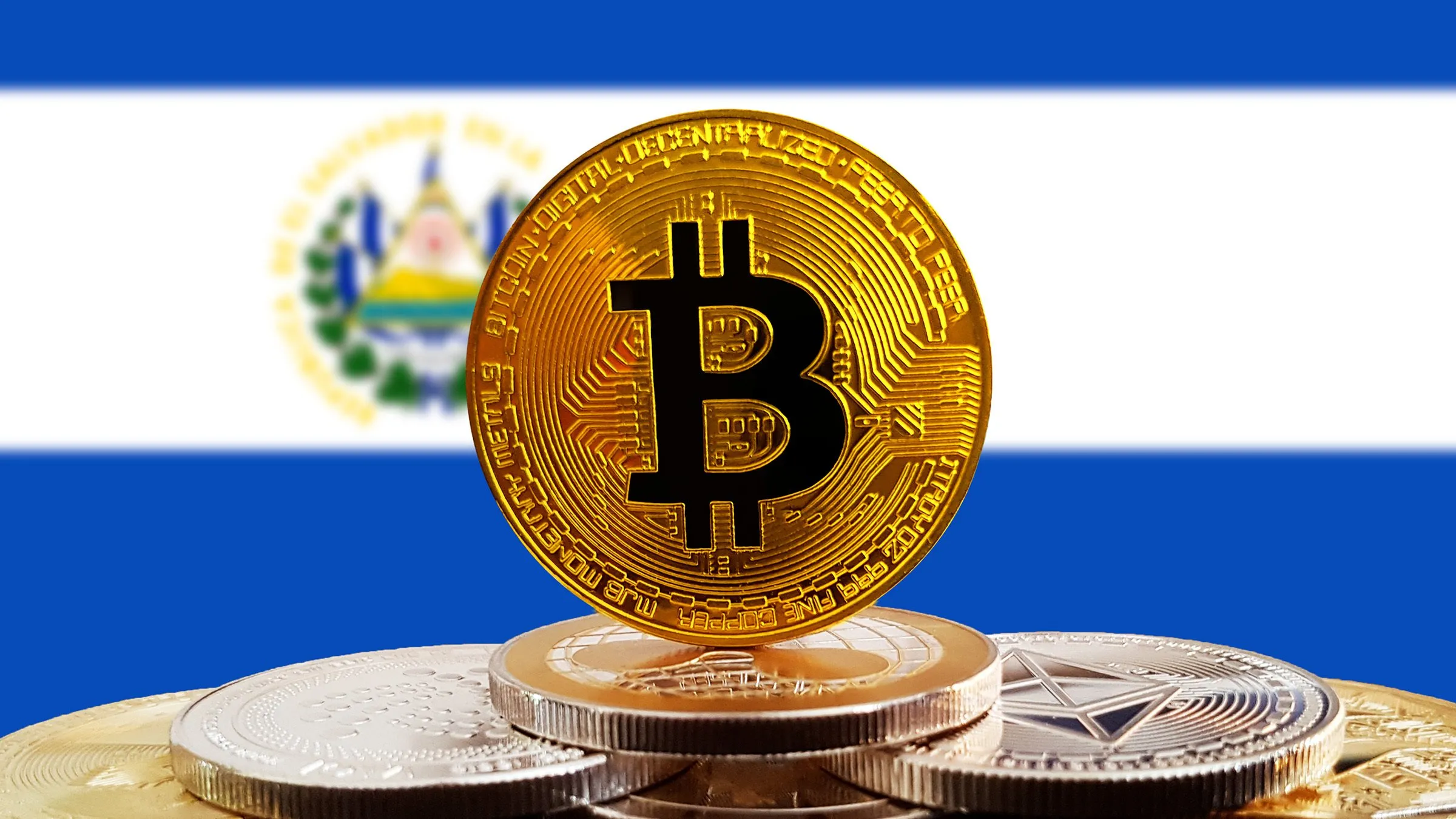In brief
- El Salvador added 32 Bitcoins last month, bringing its total holdings to 6,161.18 BTC worth $584 million.
- The country remains officially compliant with IMF restrictions by channeling purchases outside the fiscal sector, according to an IMF official.
- A first IMF program review is underway, focusing on broader fiscal reforms and economic stability.
El Salvador’s Bitcoin accumulation quietly persists under IMF watch.
While President Nayib Bukele’s government formally paused its Bitcoin acquisitions by public sector entities to satisfy International Monetary Fund (IMF) loan conditions, the country's Bitcoin Office continues to quietly expand the country’s national reserves.
In the past month, El Salvador added another 32 BTC worth more than $650,000, bringing its total holdings to 6,161.18 BTC valued at roughly $584 million, consistent with its “one Bitcoin a day” policy.
Under the $1.4 billion loan agreement signed in December, El Salvador committed to strict conditions, including rolling back mandatory Bitcoin acceptance laws and reducing public sector involvement in Bitcoin-related activities like the Chivo wallet program and Fidebitcoin Trust.
"In terms of El Salvador, let me say that I can confirm that they continue to comply with their commitment of non-accumulation of Bitcoin by the overall fiscal sector, which is the performance criteria that we have,” IMF Western Hemisphere Department Director Rodrigo Valdes said during a Saturday press briefing for the Regional Economic Outlook.
While IMF rules have frozen direct government Bitcoin purchases, El Salvador’s Bitcoin Office operates in a space technically outside the fiscal sector's defined boundaries, allowing the country to continue buying small daily amounts without breaching the loan deal.
“The program of El Salvador is not about Bitcoin. It's much more, much deeper in structural reforms, in terms of governance, in terms of transparency,” Valdes said, citing “a lot of progress” made on fiscal reforms and improvements in macroeconomic management.
El Salvador’s Bitcoin strategy
Meanwhile, President Bukele remains defiantly committed to the Bitcoin strategy that has defined much of his administration’s global brand.
Back in March, Bukele publicly mocked suggestions that the Bitcoin plan would end under IMF pressure.
"'This all stops in April.' 'This all stops in June.' 'This all stops in December.' No, it’s not stopping," he tweeted last month.
Days later, the Bitcoin Office announced further purchases, showing that the policy was alive, even if adapted.
To meet IMF conditions, El Salvador’s Legislative Assembly passed changes to its Bitcoin Law in January, stripping Bitcoin of its mandatory legal tender status for private transactions while retaining it as an optional currency.
These reforms, which take effect May 1, also eliminate Bitcoin as an accepted means for paying taxes, another concession aimed at mollifying international lenders.
Beyond the $1.4 billion IMF package, the broader agreement is expected to unlock another $2 billion in development bank financing, support fiscal consolidation efforts, and boost investor confidence as El Salvador looks to tame its debt, which hit 85% of GDP last year.
The IMF is currently preparing its first program review, which will assess El Salvador’s formal compliance and whether its Bitcoin activities undermine broader financial stability reforms.
Valdes said the IMF program aims to help El Salvador “create the conditions for stronger private investment and stronger growth,” supported by “a much better macro” and “the dividends” from improved security.
With its current holdings, El Salvador now ranks as the world’s sixth-largest sovereign Bitcoin holder, behind the United States, China, the United Kingdom, Ukraine, and Bhutan, according to Bitcoin Treasuries data.
Daily Debrief Newsletter
Start every day with the top news stories right now, plus original features, a podcast, videos and more.

